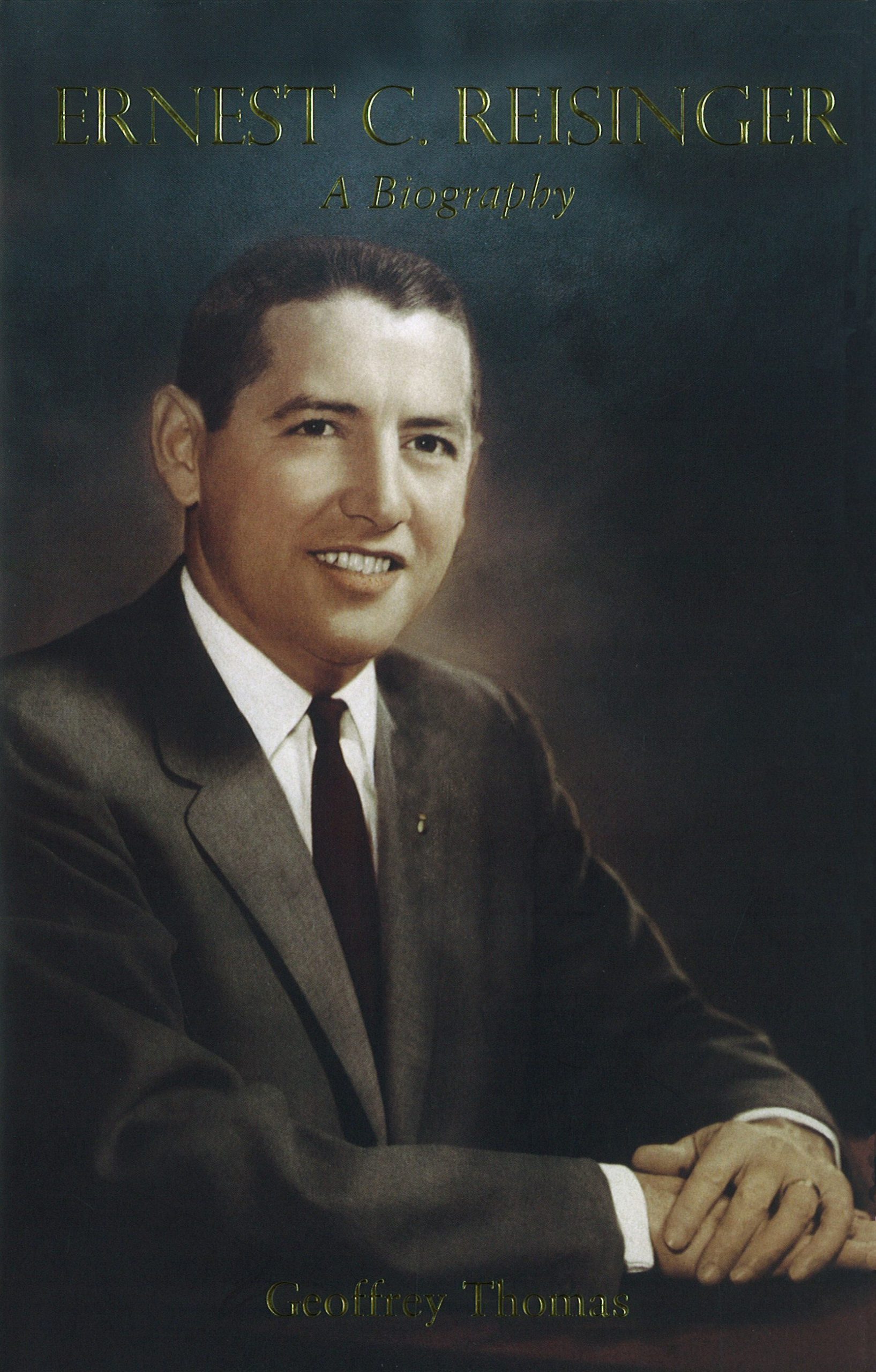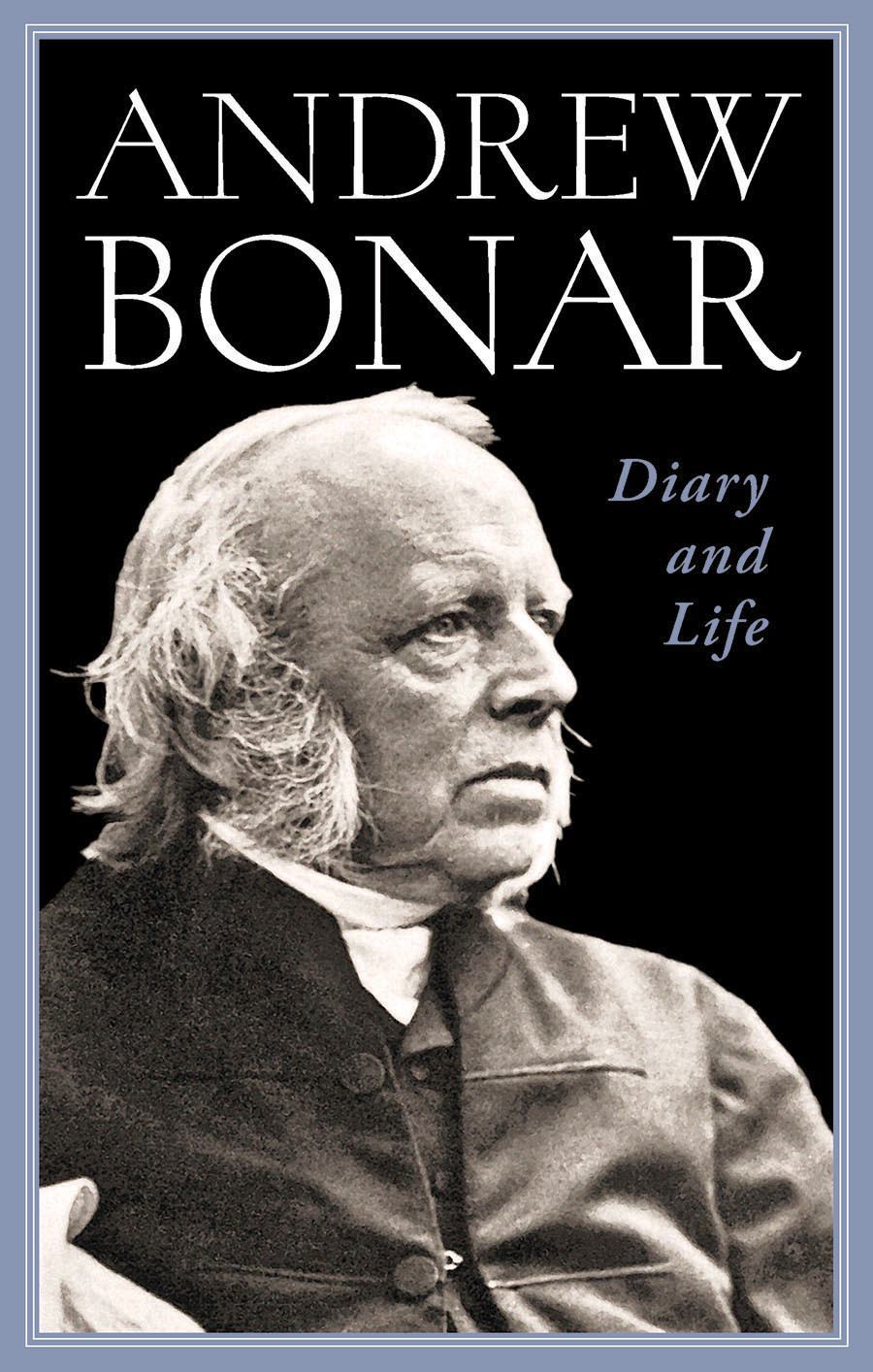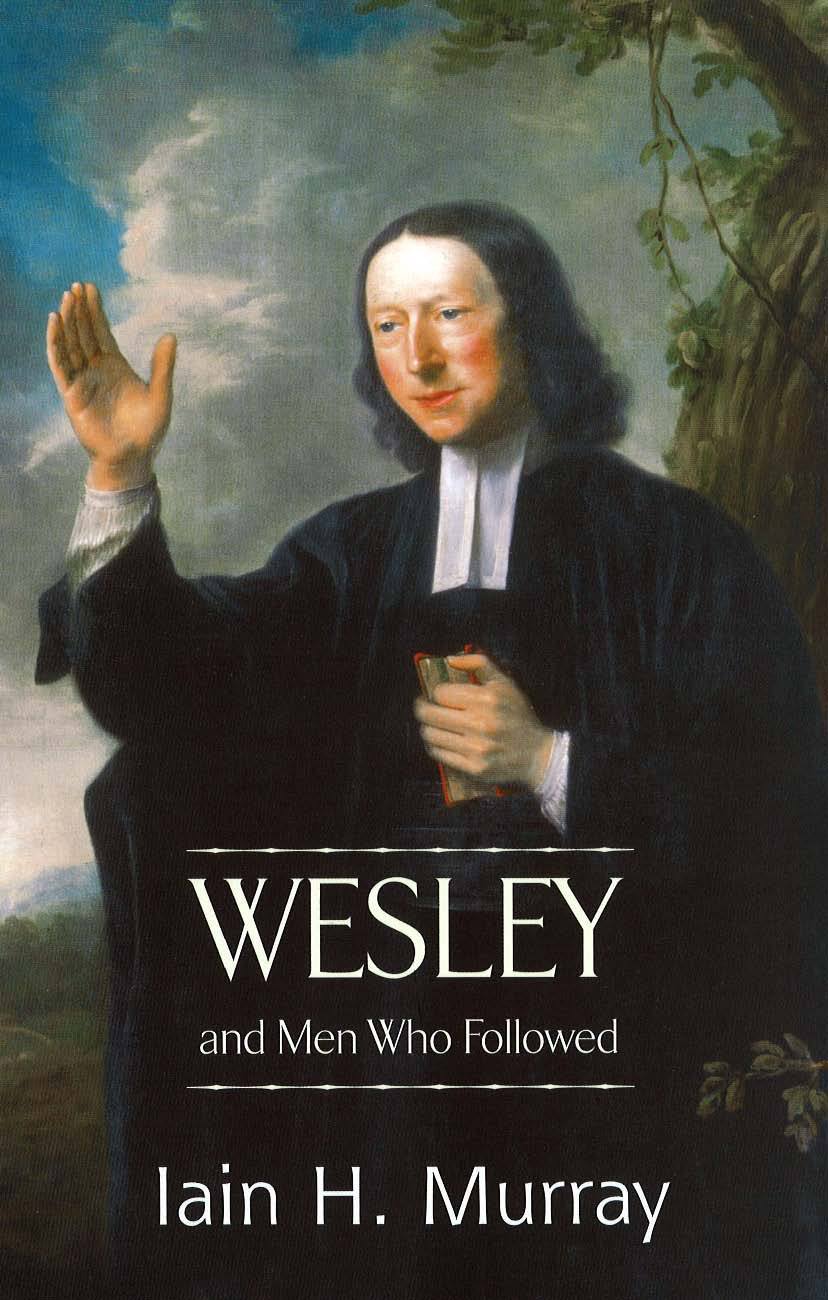Wesley and Men Who Followed
500 in stock
| Weight | 1.08 lbs |
|---|---|
| Dimensions | 8.8 × 5.75 × 1.1 in |
| ISBN | 9780851518350 |
| Binding | Cloth-bound |
| Topic | 18th Century, General History, Pastoral Biography |
| Original Pub Date | 2003 |
| Banner Pub Date | Jul 1, 2003 |
| Page Count | 288 |
| Format | Book |
ENDORSEMENT
‘Thrilling history and biography, the bringing to light of forgotten men of extraordinary faith and energy for Christ; shrewd analysis; challenge to the contemporary church. Wesley and Men Who Followed has it all. I enjoyed it greatly – a breath of spiritually fresh air and vitality comes through wonderfully. I found it uplifting, challenging and gratitude-creating – and a great read.’ — SINCLAIR B. FERGUSON
Book Description
John Wesley – Oxford don and itinerant preacher, intellectual and evangelist, author and man of action, upholder of the Church of England yet founder of another world-wide denomination, disagreeing with George Whitefield, yet preaching his funeral sermon-truly a many-sided man. It is not wonder that he has had many biographers. Most books on Wesley have concentrated on his leading role in the Evangelical Revival. Wesley and Men Who Followed is more concerned with the spiritual explanation of a movement which, far from dwindling at his death, increased in momentum, breadth and transforming power. Drawing from original and often little-known Methodist sources, Iain Murray’s thrilling study leads to conclusions that are of great relevance for the contemporary church.
‘Was John Wesley deceived? Have our hymn-writers been deceived in their immortal songs? Was Saul of Tarsus deceived? Have we all been deceived?’ So wrote one unhappy modern Methodist. The evidence Iain Murray provides demonstrates that this was not the case. The result is that Wesley and Men Who Followed points to the key to the recovery of authentic Christianity today.
Reviews
Table of Contents Expand ↓
| Illustrations | ix | |
| Preface | xi | |
| Principal Abbreviations | xv | |
| Part One | ||
| Wesley | ||
| From Oxford Don to Open-Air Preacher | 3 | |
| 'Kingdoms on a Blaze' | 25 | |
| Understanding Wesley's Thought | 42 | |
| The Collision with Calvinism | 56 | |
| The Leader | 80 | |
| Part Two | ||
| Men Who Followed | ||
| William Bramwell: Friendship with God | 107 | |
| Gideon Ouseley: Methodism in Ireland | 137 | |
| Thomas Collins: the Spirit of English Methodism | 178 | |
| Part Three | ||
| Against Unquestioning Following | ||
| Justification | 217 | |
| Christian Perfection | 232 | |
| Part Four | ||
| Methodism, with and without the Holy Spirit | ||
| The Holy Spirit and Scripture | 249 | |
| Author Index | 265 | |
| General Index | 267 |
Related products

The Diary and Journal of David Brainerd
With Notes and Reflections by Jonathan Edwards
Description
Concerned with the spiritual explanation of the movement, which far from dwindling at Wesley’s death, increased in momentum, breadth and transforming power. A thrilling study of great relevance for the contemporary church, pointing to the key to the recovery of authentic Christianity. 288pp.

Ernest Reisinger
A Biography
Description
Concerned with the spiritual explanation of the movement, which far from dwindling at Wesley’s death, increased in momentum, breadth and transforming power. A thrilling study of great relevance for the contemporary church, pointing to the key to the recovery of authentic Christianity. 288pp.

Andrew Bonar
Diary & Life
Description
Concerned with the spiritual explanation of the movement, which far from dwindling at Wesley’s death, increased in momentum, breadth and transforming power. A thrilling study of great relevance for the contemporary church, pointing to the key to the recovery of authentic Christianity. 288pp.


marcdanielrivera –
John Wesley, globally recognized as the founder of the Methodist Church, has been the subject of numerous biographies. However, Iain H. Murray’s Wesley and Men Who Followed, published by Banner of Truth, stands out by offering not just a detailed exploration of Wesley’s life, but a profound examination of his teachings, theology, and the spiritual forces that sustained the Evangelical Awakening beyond Wesley’s lifetime. Drawing from original and often obscure Methodist sources, Murray delves into the impact of Wesley’s life and ministry and provides insights relevant to the church today.
The book is carefully structured into four parts to provide a comprehensive view of Wesley’s life. The first part, consisting of five chapters, focuses on Wesley himself. Murray details Wesley’s transition from an Oxford academic to an open-air preacher and emphasizes key moments like the transformative Aldersgate experience. This pivotal event marked a significant change in Wesley’s spiritual life, greatly affecting his preaching and personal devotion.
In the second chapter, Kingdoms on a Blaze, Murray highlights the intense revival of the 1740s, showcasing Wesley’s vigorous preaching that mobilized large crowds and sparked a spiritual awakening. Murray underscores the crucial role of the Holy Spirit in this movement, portraying Wesley not just as a dynamic leader but as an instrument of divine power. The chapter also addresses Wesley’s interactions with other significant revival figures, including the Moravians and George Whitefield, recognizing both the cooperative efforts and the tensions within his ministry.
In chapter three, Understanding Wesley’s Thought, Murray provides an insightful analysis of Wesley’s theology, exploring his views on subjects such as baptism and grace. He also critiques Wesley’s stance on sanctification, while still respecting Wesley’s sincerity and commitment.
Chapter four, The Collision with Calvinism, examines the theological divide between Wesley and Whitefield, focusing on their differing perspectives on Calvinism. Murray explains that Wesley’s opposition was driven by concerns about Calvinism’s impact on holy living and evangelism, but he also defends Calvinism, suggesting Wesley’s criticisms were based on misunderstandings. Despite their theological differences, Murray praises Wesley’s steadfast dedication to evangelism and his contributions to the Evangelical Awakening.
The second part of the book, Men Who Followed, shifts the focus to the leaders who continued Wesley’s work after his death. Through the lives of William Bramwell, Gideon Ouseley, and Thomas Collins, Murray illustrates how the Methodist movement not only survived but thrived, expanding its influence in the early 19th century. These biographical sketches are particularly engaging, as Murray draws on rare and overlooked sources to bring these figures to life.
In the third part, Against Unquestioning Following, Murray critiques aspects of Wesley’s doctrine, particularly his teachings on justification and Christian perfection. While Murray acknowledges Wesley’s theological inconsistencies, he approaches these topics with a charitable perspective, recognizing the complexity of Wesley’s thought and the genuine spiritual concerns that underpinned his teachings.
The final part of the book, Methodism, with and without the Holy Spirit, offers a reflective analysis of Methodism’s growth after Wesley’s death. Murray challenges the notion that Wesley’s personality was the sole driver of the movement’s success, attributing its continued expansion to the work of the Holy Spirit.
Final thoughts:
Iain H. Murray’s Wesley and Men Who Followed is a masterful work that not only chronicles the life of John Wesley but also offers deep insights into his thoughts, teachings, theology, and the spiritual dynamics of the Methodist movement. I strongly believe that this book is more relevant than ever, given the current challenges and shakedown in the Methodist Church. Murray’s thorough scholarship and thoughtful reflections provide us with many valuable lessons. I highly recommend this exceptional work!